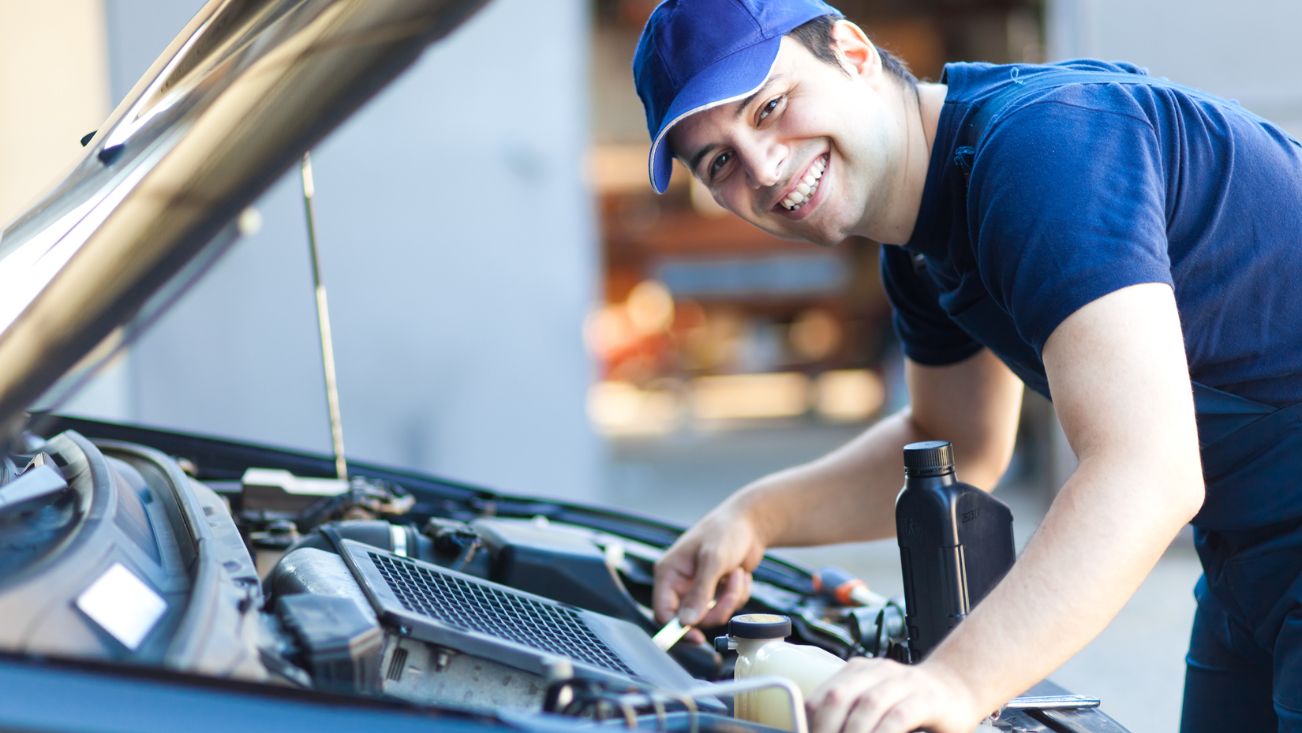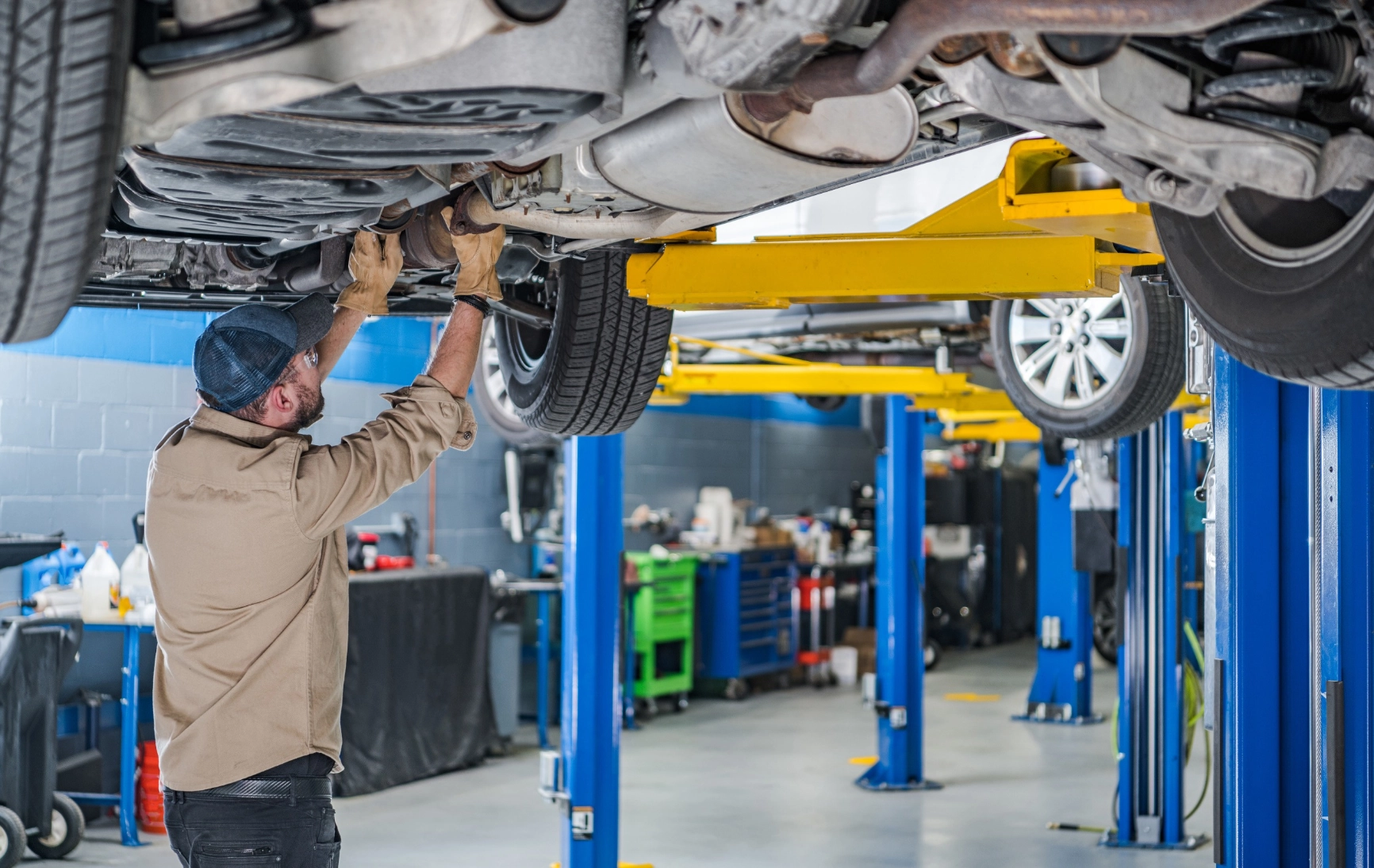Featured
Your vehicle is greater than simply a way of transportation-- it's a financial investment. Whether you drive daily or occasionally, taking proper care of your automobile can assist you prevent costly fixings and guarantee it offers you well for several years. By adhering to these practical suggestions, you can extend the life-span of your cars and truck and keep it running in leading problem.

- Comply with the Manufacturer's Maintenance Schedule. Every automobile features an owner's guidebook that outlines the recommended maintenance schedule. This includes oil adjustments, tire turnings, brake examinations, and much more. Adhering to these guidelines is important to avoid deterioration on vital elements. Regular maintenance can additionally help discover potential problems before they come to be major issues.
Pay special attention to oil modifications, as engine oil lubricates relocating parts and minimizes friction. Disregarding this basic job can result in engine overheating and lasting damage.
- Keep Your Liquids in Examine. Liquids play a crucial duty in your vehicle's efficiency, including coolant, transmission fluid, brake fluid, and power steering liquid. Falling short to keep an eye on or change these liquids regularly can cause mechanical concerns and decreased effectiveness.
Make it a habit to examine fluid degrees monthly and leading them off if required. If you see any leaks or unusual liquid levels, speak with an auto mechanic right away to stop additional damage.
- Maintain Correct Tire Treatment. Tires are vital for both security and gas efficiency. Driving on improperly inflated tires can cause unequal wear, minimize gas mileage, and enhance the risk of blowouts. Examine your tire stress consistently and ensure it lines up with the supplier's recommendations.

In addition, rotate your tires every 5,000 to 7,500 miles and look for indicators of wear. Proper placement and equilibrium are also important for a smoother experience and prolonged tire life.
- Replace Worn Components on Time. Postponing the replacement of worn-out parts, such as brake pads, ignition system, or air filters, can damage your car's efficiency. Dirty air filters can reduce engine performance, while used brake pads can damage the rotors.
Utilizing top quality substitute components is just as crucial. Constantly go with parts that meet or surpass your vehicle maker's specifications for much better resilience and reliability.
- Drive Gently. Your driving behaviors substantially impact the lifespan of your car. Hostile driving, such as fast velocity, difficult stopping, and doglegs, puts extra strain on your engine, transmission, and brakes.
Instead, take on a more moderate driving design by accelerating and braking efficiently. This not just decreases deterioration but additionally improves gas effectiveness and overall efficiency.
- Keep Your Cars And Truck Clean. Routine cleansing isn't practically aesthetics-- it's about shielding your auto from unsafe components. Dust, grime, and salt can corrode the body and undercarriage in time, causing rust.
Laundry your auto on a regular basis, especially throughout winter season months or after driving on salted roadways. Don't forget to clean up the interior also, as dust and particles can affect upholstery and air quality. Applying a layer of wax every couple of months can include a safety layer to your automobile's paint and keep it resembling brand-new.
- Shop Your Car Properly. If you do not drive your automobile often, appropriate storage is vital to stop damages. Park in a garage or make use of a vehicle cover to protect it from the elements.
For long-lasting storage space, consider utilizing a battery maintainer to keep the battery charged and including a fuel stabilizer to stop the gas from going negative. Frequently beginning the vehicle or taking it for brief drives can additionally assist keep all systems functioning.
- Do Not Disregard Warning Lights. Modern automobiles are geared up with analysis systems that signal you to potential issues with control panel caution lights. Whether it's the check engine light, oil stress light, or tire pressure warning, neglecting these indications can lead to costly repairs or safety threats.
If a warning light comes on, don't wait to resolve it. Have your auto examined by an expert auto mechanic to figure out the cause and settle the concern quickly.
Final Thought: Treatment Today, Cost Savings Tomorrow. Keeping your auto running much longer is all about uniformity and interest to information. Normal maintenance, responsible driving, and addressing issues early can save you cash and headaches down the line. Treat your automobile like the financial investment it is, and you'll take pleasure in a smoother, much safer, and a lot more reliable trip for many years to come.
Latest Posts
A Smooth Shower Room Remodel Experience
Full-Service Auto Services at Montclare Auto Repair - See Our Offerings
Preventative Maintenance at Montclare Auto Repair: Maintain Your Vehicle in Top Shape
More
Latest Posts
A Smooth Shower Room Remodel Experience
Full-Service Auto Services at Montclare Auto Repair - See Our Offerings
Preventative Maintenance at Montclare Auto Repair: Maintain Your Vehicle in Top Shape
